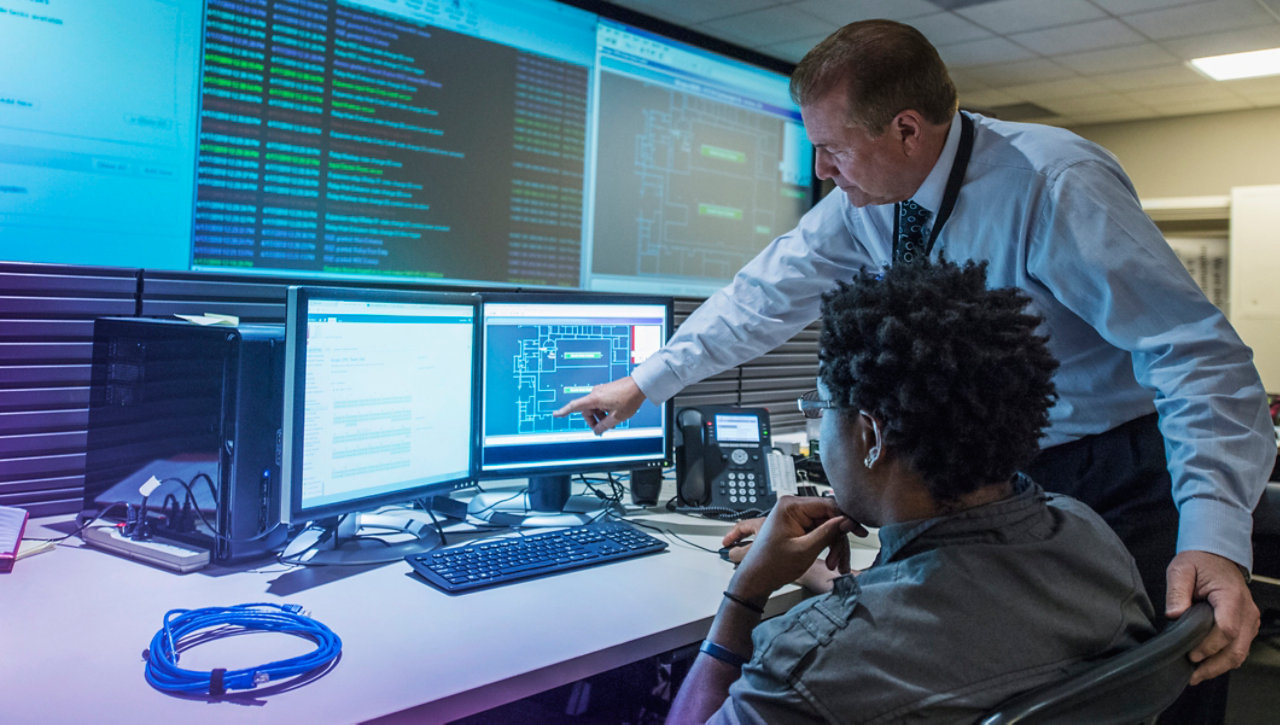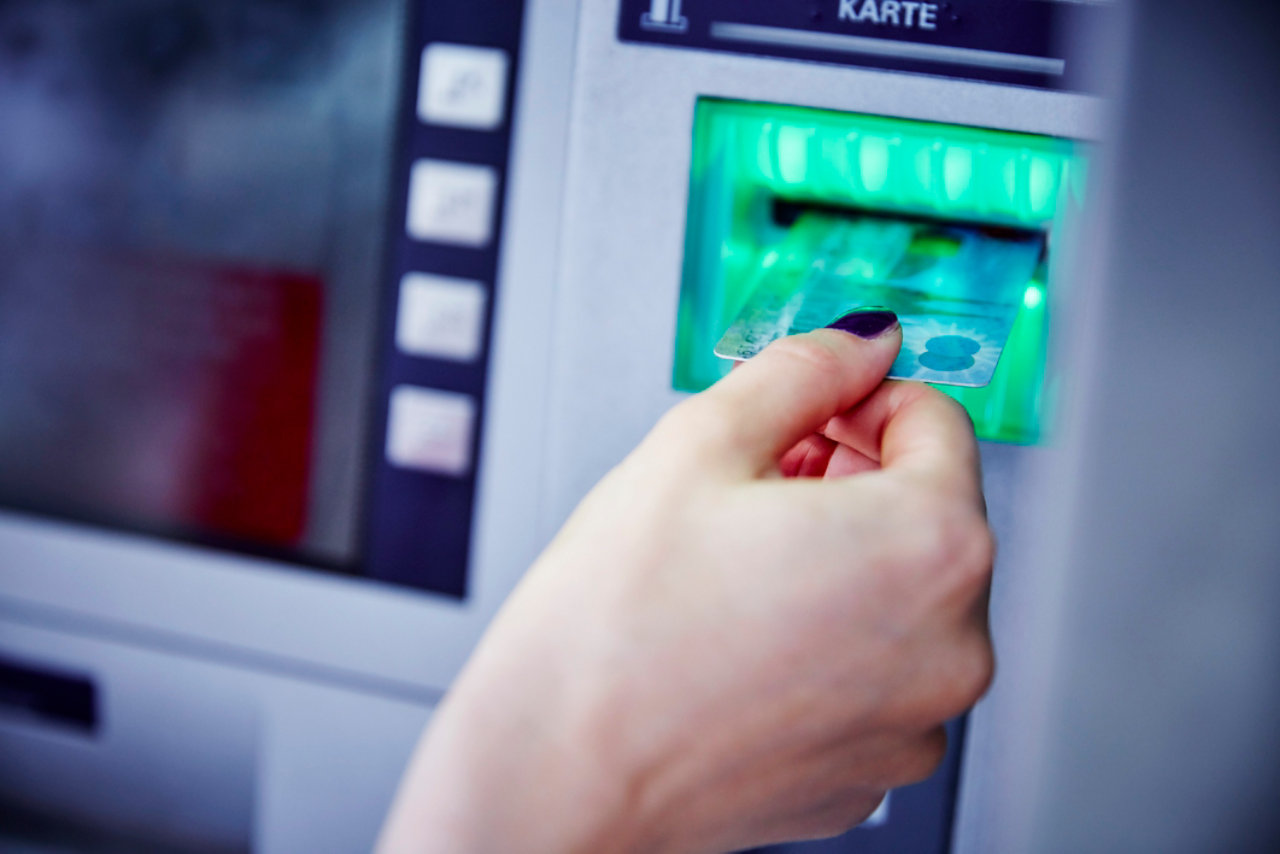Financial transactions today take place in milliseconds
From withdrawing money at an ATM to placing an order on the stock exchange, billions of dollars can be shifted in a fraction of a second. Keeping track of this fast-paced environment relies on accurate time stamping, so data packets can be traced, and transactions monitored. Reliable, standardised timing is crucial for financial markets to determine who transacted what, when. That way, the right people get paid, and fraud can be detected and prevented.
Counting on GPS for precise time
To provide this level of accuracy, organisations typically depend on GPS. An expensive but effective way to synchronise time, GPS relies on a complex set-up of satellite based atomic clocks, antennae and receivers. But while a receiver working optimally will keep time to within three nanoseconds, these systems degrade fast and need replacing regularly. In short, if your receiver isn’t up to scratch, your timestamps won’t be accurate.
The risks of relying on GPS
Financial institutions aren’t just vulnerable to poor equipment maintenance when it comes to time keeping. As the current solar cycle builds, solar flares are set to cause significant worldwide GPS outages. While closer to home, cheap, accessible GPS blocking equipment can also cause disruption to GPS signals – as the London Stock Exchange has historically experienced. As well as impacting an institution’s time stamp accuracy, reliance on GPS could also put you on the wrong side of US Executive Order 13905, which makes it mandatory for critical infrastructure owners and operators to have a terrestrial back-up source for their time data.
Time needs to be on your risk radar
As financial reliance on cloud-based networks deepens, time is a potentially devastating gap in the financial system. Without resilient, traceable and accurate clock synchronisation, organisations face three key consequences:
1. Financial
Multimillion dollar algorithms make traders huge sums of money by executing trades faster than their competitors. With billions at stake relying on trading accuracy and technology investment, tiny inaccuracies have a significant cost implication. Bad trades and cancelled transactions are just the beginning – an undetected GPS outage could cut an organisation’s ability to transact or trade completely.
2. Regulatory compliance
To mitigate the risk of inaccurate timing, regulations like the Markets in Financial Instruments Directive II (MiFID II) impose regulatory technical standards on clock synchronisation and demand accuracy within 100 microseconds for high-frequency traders. It also demands all recorded times to be traceable to UTC, a requirement backed by the Consolidated Audit Trail (CAT). With many new regulations on the horizon, compliance managers need to make sure they meet exacting global requirements for timing accuracy.
3. Reputational
If an institution suffers a GPS outage or its synchronisation isn’t up to scratch, it can’t accurately trace trades. That’s a huge red flag for clients, regulators and organisations looking to invest. Trading disputes, cancelled transactions and regulatory involvement don’t invite investor confidence and without this, many organisations would struggle to survive.
A straightforward solution to keeping time
The stakes are high and compliance managers need to be aware of GPS’s limitations so that they can safeguard against inaccuracies and outages. The most effective way to achieve this, is by using a terrestrial network as a back-up to GPS clocking. Setting-up this ‘Plan B’ mitigates the impact of GPS outages and disruptions by activating an automatic, terrestrial back-up to keep money moving and timestamping accurate.
Radianz provides Traceable Time as a Service (TTaaS) - the simplest, most reliable way to secure accurate time data. Rather than purchasing and maintaining GPS clocking devices in-house, financial institutions can run our TTaaS over our existing network infrastructure. Using our existing connections, we can synchronise multiple global data centres and guarantee time. From a risk manager’s perspective, this solution is a simple ‘switch on’ that provides a terrestrial and satellite time source over a resilient network connection with no infrastructure or management requirements.
Find out more about how BT Radianz can protect your organisation.




